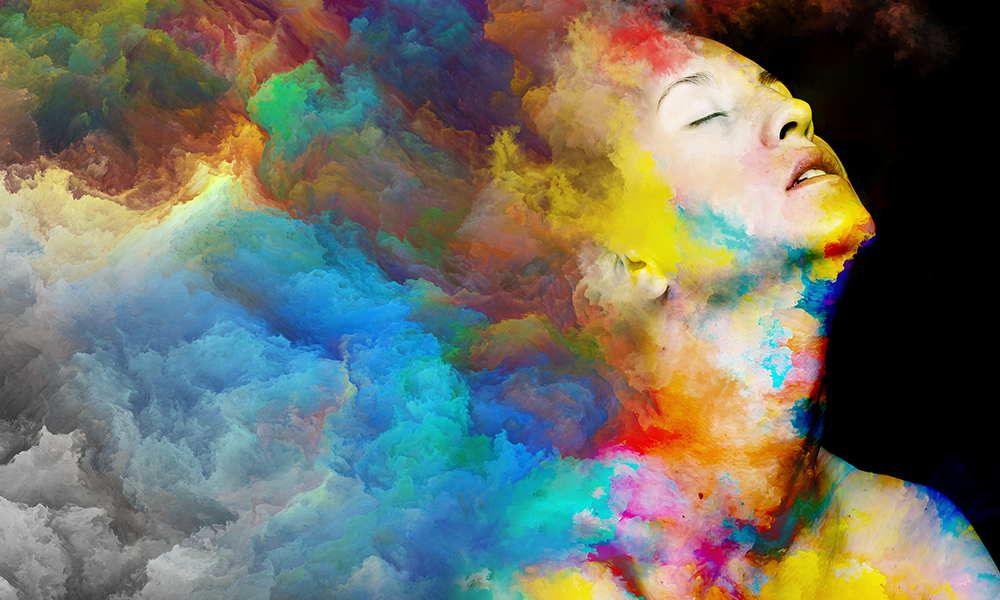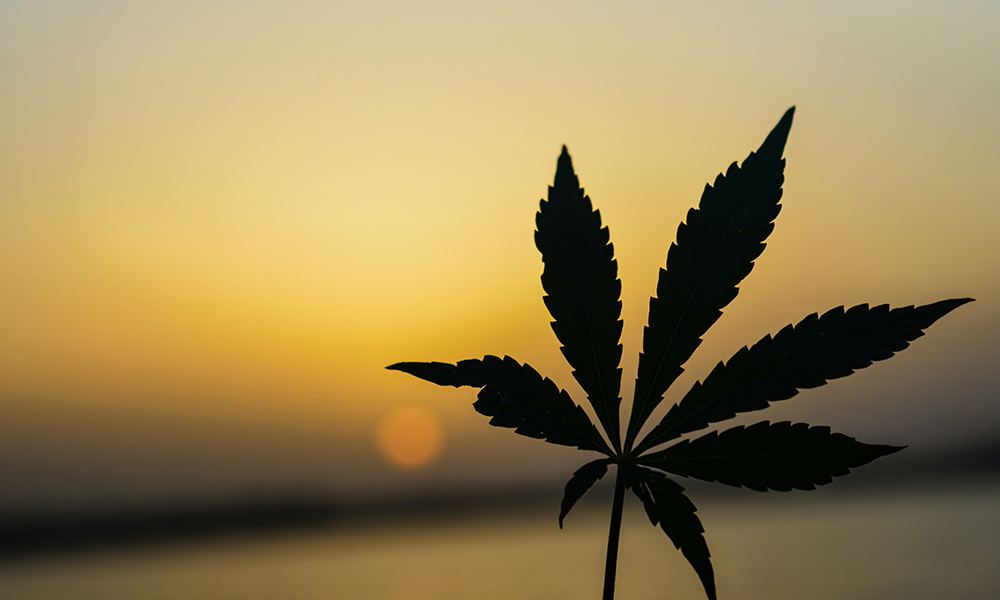While legal in certain states around the US, cannabis is still listed as a Schedule 1 drug under the federal Controlled Substances Act. The plant contains THC, a cannabinoid shown to provide several benefits such as pain relief and relaxation. The cannabinoid is also renowned for its psychoactive effects that make many users high. Sure cannabis can get you high but is cannabis a hallucinogen?
What Is a Hallucinogen?
Hallucinogens are drugs that disturb regular communication between your brain and nerve cells, causing distortions in your perception of reality. You might see, hear, or feel things that appear real but aren’t actually there.
Common hallucinogenic drugs include LSD, PCP, psilocybin, and ecstasy. Some believe that cannabis is a hallucinogen because of its delta-tetrahydrocannabinol (THC) content. THC can trigger psychoactive effects, and may slightly alter your perception of time. Large doses may lead to extreme anxiety or paranoia. For those who are sensitive to THC, even small amounts can trigger these effects. That doesn’t necessarily mean that cannabis is a hallucinogen, though.
Hallucinogens, Depressants, and Stimulants
In addition to hallucinogens, there are two other classes of drugs – depressants and stimulants. Depressants are drugs that slow your central nervous system, leading to drowsiness and relaxation. Common depressants include Valium, Xanax, barbiturates, and alcohol. Many sleep medications are also depressants.
Stimulants, on the other hand, are drugs that increase your energy and alertness. They include cocaine, amphetamines, and even caffeine (yes, the same caffeine you get from your morning cup of coffee).
While some call cannabis a hallucinogen, others often identify it as a depressant. Like depressants, it can slow your brain and central nervous system, causing relaxation and sleepiness.
Some even classify cannabis as a stimulant. Just like other stimulants, smoking, vaping, or consuming an edible of certain strains can lead to alertness, an elevated mood, increased heart rate, and possible paranoia.
So, Where Does Cannabis Fit?
So, if cannabis exhibits traits of hallucinogens, depressants, and stimulants, where exactly does it fit in? The truth is, it’s not just one of these things. It can be a hallucinogen, a depressant, a stimulant, and even an antidepressant.
How is it possible to be all of these things? With hundreds of strains, cannabis is a complex plant. Every strain has different concentrations of cannabinoids, various terpenes, and other beneficial compounds. Some strains are high in THC, while others are high in CBD. Some strains have very little THC in them at all.
The terpene profile plays a substantial role in the effects of the strain as well. For instance, a strain high in myrcene can relax muscles and promote sleepiness. Strains with linalool, a cannabinoid also present in lavender plants, can also promote relaxation. Cannabis strains with pinene, on the other hand, can increase alertness.
Is Cannabis a Hallucinogen & Relevant Factors
These aren’t the only factors determining the effects you feel, including any hallucinogenic effects, when you use cannabis. Other factors that play a role include:
- Your physiology
- How you consume your cannabis (inhalation, ingestion, sublingually)
- Your mental state when you use it
- The dose you take
While THC can produce hallucinogenic effects, cannabis itself doesn’t really fit into the hallucinogen category. It’s a complex plant and the exact effects you feel depend on a variety of factors.


